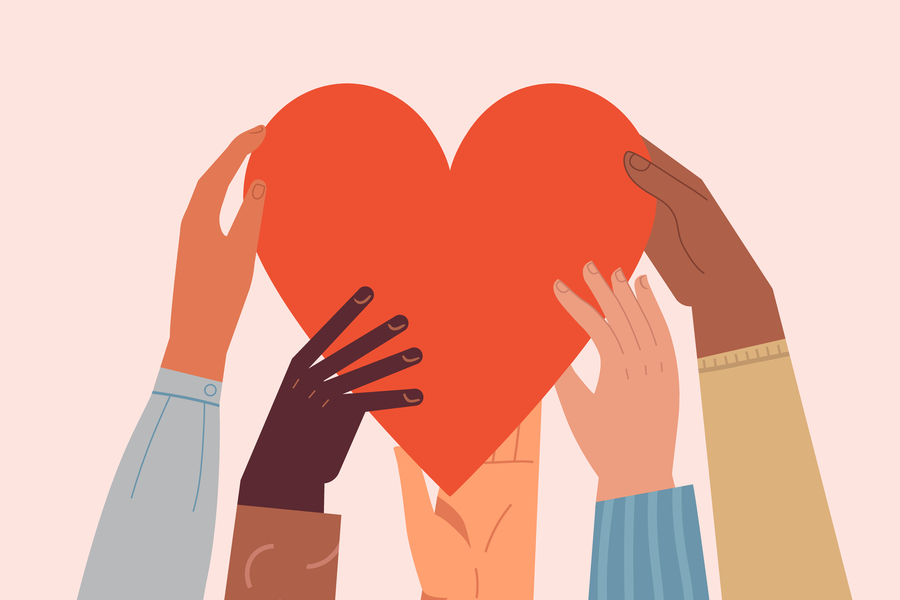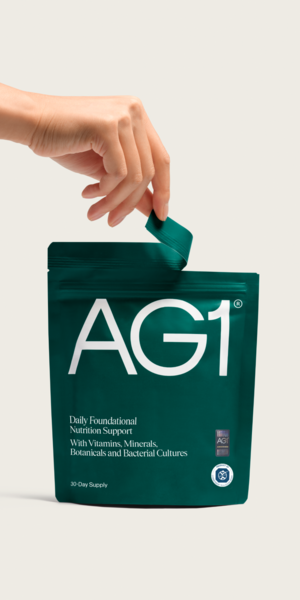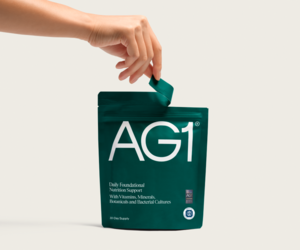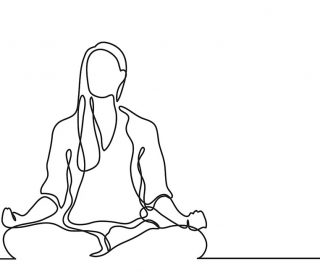Kindness: The character strength we could all flex a little more

“What the world needs now is love, sweet love” sang Jackie DeShannon. The world we live in right now demands that we love each other more and demonstrate deeper kindness, a strength we all have the ability to flex.
As a positive psychology practitioner, I have been using character strengths for several years as an intervention with my clients. Kindness is classified as a character strength in the ‘Values in Action’: a scientific positive psychology questionnaire, which is free to complete and download. The questionnaire is built on research taken from religions across the world and philosophical teachings across three millennia. Understanding our character traits brings an awareness to our own values and awareness of our core beliefs.
The benefits of kindness
Kindness is being nice to others. “OK, I know that”, I hear you say. Kindness is being generous with others, through giving time, money and talent to support those in need. Kindness is about being compassionate, being there for someone. It is about listening non-judgmentally, hearing someone’s suffering and their pain and not always having to say something in response but simply being a silent supporter.
As a trained Mental Health First Aider, I cannot tell you how many times I have just sat there in silence with a stranger, giving space for their thoughts and feelings to formulate, and for the person to know those thoughts and feelings can be spoken out loud without shame. Empathy is linked to compassion, as it is about taking the perspective, and feeling the emotions, of another person. Compassion is when the feelings and thoughts we experience include the desire to help. Many people are not aware that the word ‘compassion’ comes from Latin, meaning ‘co-suffering’; it takes something deep within to connect with someone else in their pain.
There is also a significant benefit to individuals who demonstrate compassion through their concern for the welfare of others, with scientists being able to biologically map out the basis of compassion, suggesting deep evolutionary purpose. Research shows that when we feel compassion, our heart rate goes down, and we release more oxytocin (the ‘hugging hormone’). Basically, love, attachment and compassion can be highly effective in stress reduction, survival and overall health.
We are all capable of flexing our kindness muscle a little more, so here are three ways you can be kinder to others around you, and three ways you can be a little kinder to yourself. Because, after all, that’s the only way we can show up as our best self to effectively support others.
Being kind to others
- Giving blood is more important than ever. Go to Give Blood to find out more.
- Host a fundraising event for a charity you support. With multiple events being cancelled or postponed during the pandemic, many charities – especially some of the smaller ones – lost essential donations from fundraising activities.
- Write a letter or card to someone you are close to who would really appreciate the small gesture. Receiving a letter in the post is a lovely act of kindness. Maybe this letter can be one of thanks for the support and love they have shown to you, or this could be an opportunity to say something you might find difficult to express in person or on the phone.
Being kind to yourself
- Fill your social media with messages of hope, support and kindness. Mute those accounts which promote negativity and cause you anxiety, stress or trigger low self-esteem buttons. My all-time favourite kindness ambassador is Dr Radha who curates the Instagram account be_one_thing which gives you daily prompts to think about kindness. Go and follow her immediately.
- Ask yourself daily what one, small thing you can do for yourself. I love this act of kindness, because it is simply a way to check-in on our own needs. It might be a nap, a piece of cake, a walk outside in the fresh air, a steaming cup of tea or a hot shower. Keep your acts of kindness simple and practice them often.
- Practice loving-kindness meditation, the essence of a meditation rooted in compassion. The original name of this practice is Metta Bhavana which comes from the Pali language. ‘Metta’ means love in the non-romantic sense, and ‘Bhavana’ means development or cultivation. It gives us an opportunity to build on our positive emotions, to cultivate self-compassion and reduces subjective feelings of suffering. By developing this within ourselves we can demonstrate to others. There are many guided loving-kindness meditations online; you can find one to listen to here .

For more on the kindness from BALANCE, click here.












